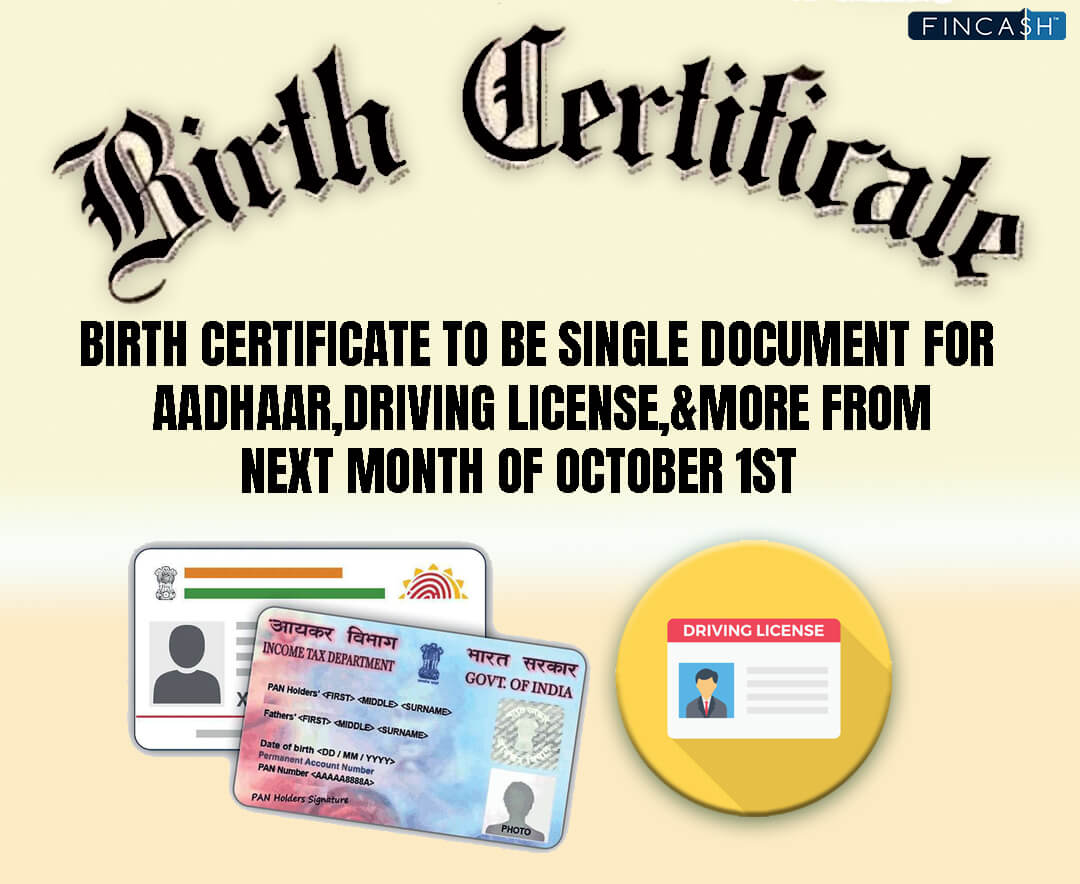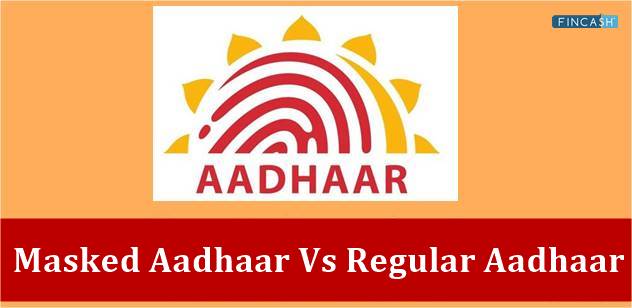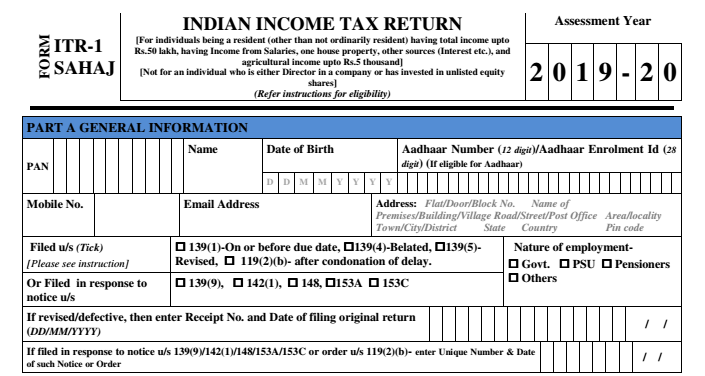
Table of Contents
Birth Certificate to be a Single Document for Aadhaar, Admission etc. From October 1, 2023
Beginning October 1st, the Registration of Births and Deaths (Amendment) Act, 2023 will become law. This reform will allow the birth certificate to fulfil numerous purposes, such as enrolling in school, applying for driver's licenses, signing up for voting, acquiring an Aadhaar, attaining a marriage license, putting in for government tasks, and various other applications mandated by the central government. The Act's goal is to assemble an exhaustive registry of births and deaths at both the federal level and in individual states. The aim is to bolster the precision and productivity of civil services and the dispersal of social advantages by the introduction of online registration.

The Union Ministry of Home Affairs declared in a notification that the Registration of Births and Deaths (Amendment) Act, 2023 will come into force from October 1, 2023. The bulletin elucidated that the terms and conditions prescribed by the said legislation will be applicable from that date onward. Nityanand Rai, the Union Minister of State for Home, spearheaded the effort to amend the 1969 Act. Affirmation of the Registration of Births and Deaths (Amendment) Bill 2023 was granted in the Monsoon Session through a vocal vote in the Rajya Sabha and a consenting 'yes' in the Lok Sabha on August 1st.
Key Points
The Registrar General of India is empowered by the Act to manage a national record of births and deaths. Chief Registrars and Registrars, appointed by states, are responsible for feeding data into this national database. Concurrently, Chief Registrars also maintain analogous databases for their respective state
Previously, specific individuals had the duty to inform the Registrar about births and deaths
For instance, when a baby is born in a hospital, the lead medical officer must notify the birth. Additionally, the Aadhaar numbers of the parents and the person reporting the birth are required. This regulation is also relevant for births in jails or hotels/lodges, where the jailor or hotel manager respectively must provide the necessary details
Talk to our investment specialist
The updated Act has broadened the list of people who need to report births. Now, it encompasses adoptive parents in cases of non-institutional adoptions, biological parents when a child is born via surrogacy, and the solo parent or unmarried mother for a child's birth
The updated law permits the sharing of the national database with certain authorities, such as those managing population registers and electoral rolls, but only with the central government's nod. In the same vein, state databases can be shared, provided they have the respective state government's approval
The Act states that if someone is displeased with a decision or action from the Registrar or District Registrar, they can appeal to the District Registrar or Chief Registrar. This appeal should be filed within 30 days of getting the decision or action in question. Subsequently, the District Registrar or Chief Registrar has to respond with their judgment within 90 days of receiving the appeal
Purpose
The Registrar General of India is authorised under the Act to oversee a national database of recorded births and deaths. Chief Registrars, designated by states, along with Registrars assigned for specific local regions, have the duty to provide birth and death data to this national database. Furthermore, every state must keep a corresponding database at its own level. Before the new provisions, specific people were tasked with notifying the Registrar about births and deaths. Now, the Act demands that when reporting births, these individuals must also supply the Aadhaar numbers of both parents and the person informing them. For births taking place in prisons, the jailor has this responsibility, and for those happening in hotels or lodges, the establishment's manager is responsible for the same.
The Act also broadens the roster of designated individuals to cover adoptive parents in cases of non-institutional adoptions, biological parents for children born via surrogacy, and the solo parent or unmarried mother when a child is born. The updated law allows the national database of births and deaths to be shared with other entities in charge of various databases like population registers, voter lists, ration card archives, and other specified national databases. However, any access or use of this national database requires the central government's authorization. Likewise, state-level databases can be shared with entities overseeing other databases within the state, but only with the green light from the corresponding state governments. The Act introduces a process for people to challenge decisions or orders given by the Registrar or District Registrar. Appeals should be made within 30 days of the decision's Receipt. Then, the District Registrar or Chief Registrar has a 90-day window to deliver their verdict on the appeal.
All efforts have been made to ensure the information provided here is accurate. However, no guarantees are made regarding correctness of data. Please verify with scheme information document before making any investment.












